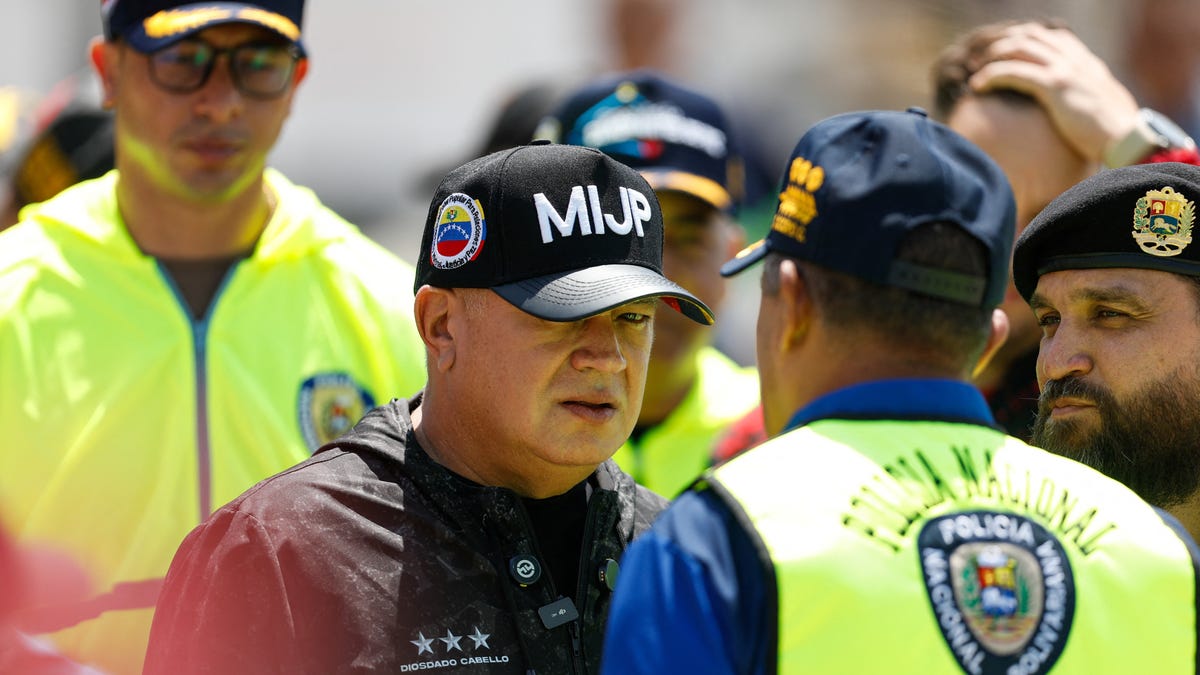What to know about the Alien Enemies Act of 1798
President Trump wants to invoke the Alien Enemies Act of 1798. Here’s what you need to know about the wartime law.
WASHINGTON – Attorneys for Venezuelans being held in Texas filed an emergency request with the Supreme Court on Friday to prevent what they said is their imminent threat of deportation without getting a chance to put up a legal fight.
Their request sets up another potential showdown between the Trump administration and the federal courts over President Donald Trump’s claims of broad executive power amid a hardline approach to immigration.
The administration is already balking at a federal judge’s order to show what it’s doing to bring back a Maryland man wrongly deported to El Salvador.
And earlier this week, another federal judge found probable cause to hold the administration in contempt for “deliberately and gleefully” violating his order last month halting flights of Venezuelan migrants to El Salvador under a wartime law.
Lawyers for the Venezuelans said many have been loaded on to buses, presumably headed for the airport, without having had a realistic opportunity to contest their removal under the Alien Enemies Act.
“These circumstances appear strikingly similar to the government’s initial efforts to avoid judicial review of its summary removals,” they wrote.
The Supreme Court has not said whether it agrees with the administration that it can use that 1798 law to deport immigrants it says are members of a Venezuelan crime gang.
But the court ruled on April 8 that the deportations are subject to judicial review if migrants request it in the jurisdiction where they’re being held.
Detainees must receive notice of deportation “within a reasonable time” and in a manner that allows them to request a court’s intervention before they can be removed, the court wrote.
Unless the Supreme Court steps in, lawyers told the justices in the emergency request, dozens or hundreds of migrants could be removed “to a possible life sentence in El Salvador with no real opportunity to contest their designation or removal.”
